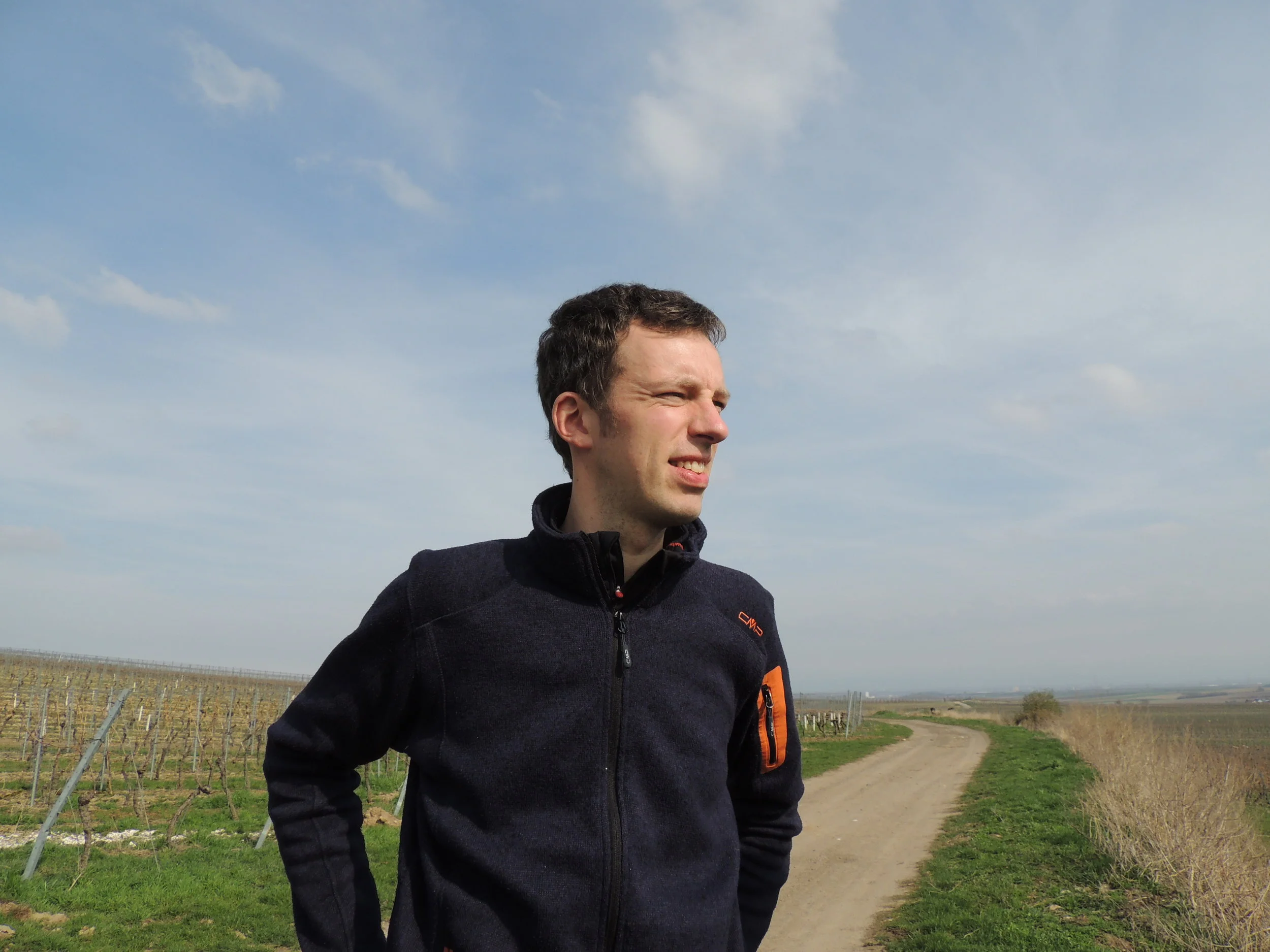Seehof
RHEINHESSEN, GERMANY
Those who remain “unwoke” to the current wine scene in the Rheinhessen may still write the region off as the land of Liebfraumilch—that mass-produced, semi-sweet wine that Germans would hardly deign to drink themselves, directing it instead toward unsuspecting export markets. But much as Beaujolais is no longer defined as Nouveau alone, this gently rolling river valley has undergone a viticultural renaissance. And that’s thanks, in large part, to a guy named Klaus Peter Keller.
OK—this isn’t the story of Klaus Peter Keller. (That story can be found on the Keller profile page.) This is the story of Florian Fauth (who happens to be Keller’s brother-in-law). Fauth is the 5th generation owner-winemaker of his family’s estate in Westhofen—an area characterized by its limestone soil. He farms plots in the village’s now-highly-regarded crus: Kirchspiel, Morstein and Steingrube. And his wines have garnered praise from German wine critics in-the-know for their understated yet crystalline clarity, their silken texture, zesty fruit and kinetic acidity. Fauth values purity over brute power, so it’s serendipitous that his vineyards have been blessed with the unique aspect and soil structure to give him the filigreed fine-ness he craves.
The Wines
Riesling Trocken
variety: riesling soil type: limestone & loam avg vine age: 15 years
This entry-level dry Riesling is made from the young vines in Seehof’s three grand cru sites (Kirchspiel, Morstein, Steingrube) as well as other estate parcels around Westhofen. Fauth ferments it in stainless steel and ages for approximately 5 months in tank before bottling.
Riesling Feinherb
variety: riesling soil type: limestone & loam avg vine age: 15 years
This entry-level off-dry Riesling is made from the young vines in Seehof’s three grand cru sites (Kirchspiel, Morstein, Steingrube) as well as other estate parcels around Westhofen. Fauth ferments it in stainless steel and ages for approximately 5 months in tank before bottling.

